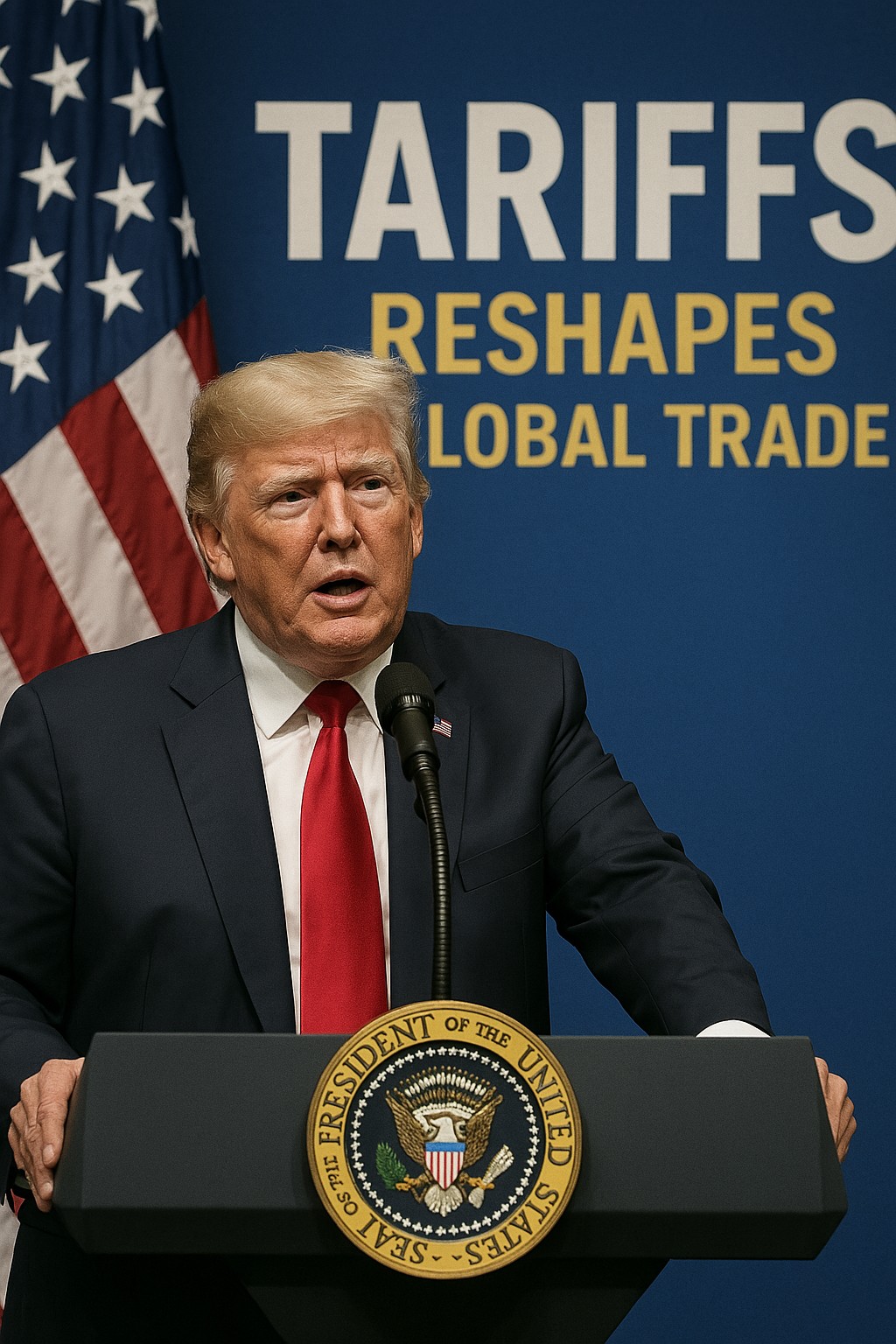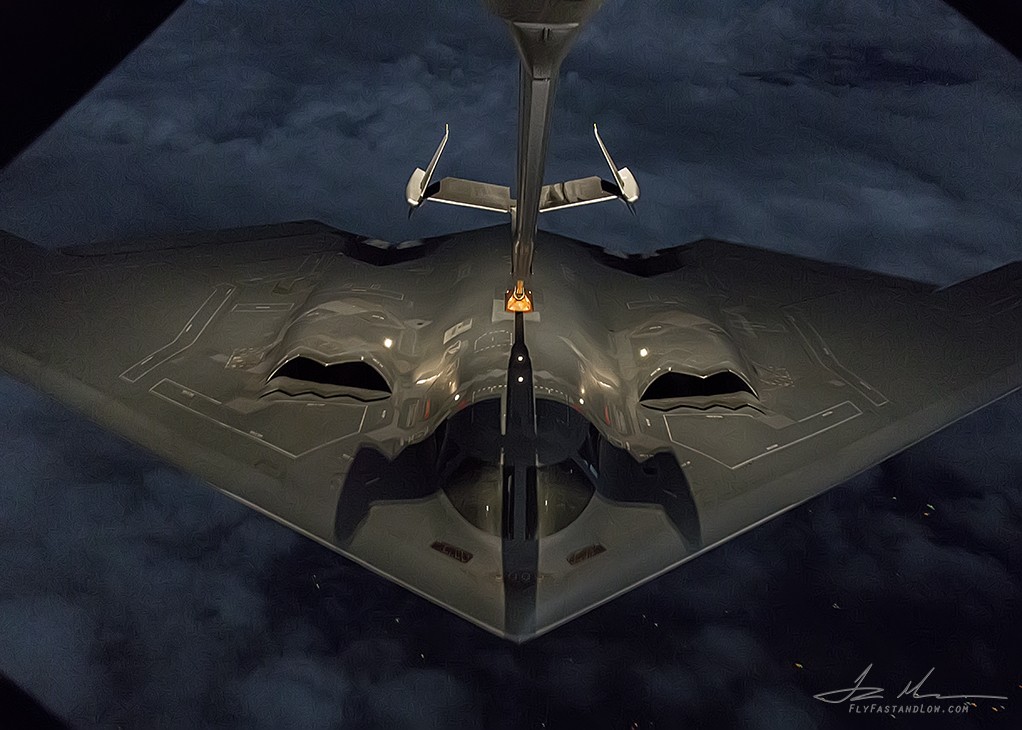
Prime Minister Keir Starmer has unveiled a comprehensive plan to increase the United Kingdom’s defence spending, aiming to raise it to 2.5% of GDP by 2027, which is .5% more than NATO’s requirement. This policy decision, amounting to an annual boost of £13.4 billion, underscores the government’s commitment to strengthening national security amidst growing global instability. Starmer stressed the importance of this move in addressing the rising challenges posed by Russian aggression,
which he characterized as a stark reminder of the need for a robust and adaptive approach to safeguarding the nation. He remarked that maintaining the status quo was no longer an option, given the shifting nature of modern threats.
This ambitious plan, however, is not without trade-offs. To fund the defense budget increase, the government has decided to reduce overseas aid from 0.5% to 0.3% of GDP over the next two years. The reallocation of resources has drawn sharp criticism from various quarters, particularly among lawmakers and humanitarian groups. MP Charlotte Cane was among those who voiced strong opposition, describing the reduction in aid as “hugely shortsighted.” She warned that such cuts would have far-reaching consequences, potentially endangering the lives and well-being of vulnerable populations who depend on UK aid for essential services, disaster relief, and developmental programs.
Critics have also argued that cutting overseas aid risks undermining the UK’s international standing and moral leadership. The nation has long been regarded as a key player in global humanitarian efforts, and reducing its aid contributions could weaken vital partnerships with other countries and international organizations. Advocates for maintaining the current level of aid funding point out that global stability and security are closely interconnected. They caution that neglecting the needs of vulnerable communities abroad could exacerbate crises that might eventually have repercussions closer to home.
On the other hand, supporters of the defense spending increase argue that national security must take precedence in an era of heightened geopolitical tension. They assert that the UK’s armed forces require modernized equipment, improved infrastructure, and expanded capabilities to respond to emerging threats effectively. Proponents of the policy highlight that a stronger defense posture not only ensures the safety of citizens but also strengthens the UK’s ability to fulfill its obligations as a member of international alliances such as NATO.
The broader implications of these decisions reflect the complex and often contentious process of balancing domestic security priorities with global responsibilities. The increased defense expenditure signals the UK government’s determination to adapt to a rapidly evolving security landscape. Still, it raises important questions about the nation’s role in addressing global challenges. As the policy unfolds over the coming years, it will likely remain a focal point of debate, with lasting impacts on the UK’s strategic capabilities and humanitarian commitments.




